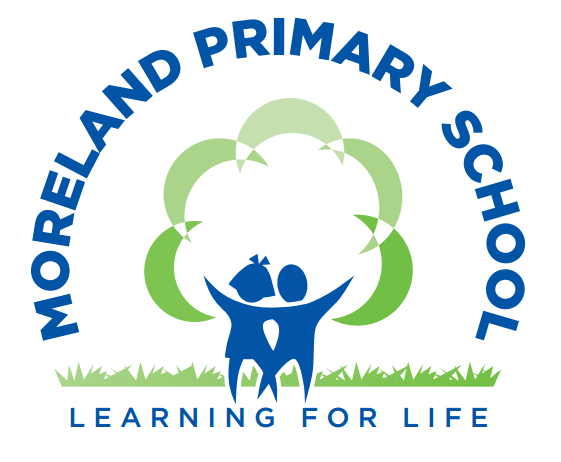SMSCC Development and PSHE
In Moreland, we are proud to live and work within the EC1 community in Islington. We have a rich and diverse population. We have 35 different languages all recognised and celebrated as part of the school community.
MISSION STATEMENT
‘Reaching higher than I dreamed,
becoming the person that I want to be,
doing the best I can do,
for the world & for me.’
BACKGROUND
All aspects of school life in Moreland and the curriculum aim to contribute to the wider development of pupils and their role in the community. The ethos of the school and the values which are implicit in the life and work of the school will have a powerful effect on the extent to which this potential is realised.
As a school in Britain, we have a duty to promote the British values of respect and tolerance in pupils for all faiths, races and cultures. We must ensure that we do not place religious laws ahead of the British judicial system or teach anything that undermines the rule of English civil and criminal law. Every school has to follow the aims of the Equality Act 2010 and support children's developing understanding of equality and the protected characteristics.
We have a very broad and balanced curriculum and do our best to teach good citizenship, preparing children for life in modern Britain and the wider world whilst actively promoting British values. Children receive their legal entitlement to every subject of the National Curriculum and we also go beyond the National Curriculum with our teaching of Emotional Literacy, Global Citizenship and Philosophy for Children.
The foundations of spiritual, moral, social, cultural and community development are laid at home. The school programme for promoting pupils’ spiritual, moral, social and cultural development is seen as complementing and supporting the work of parents and carers.
SPIRITUAL
Promoting spiritual development involves our school in providing opportunities for:
- pupils to develop their ‘inner lives’ through, for example: reflecting on their own and other people’s experiences;
- acquiring self-knowledge; thinking about their own beliefs, values and aspirations;
- making personal responses to questions about the purpose and meaning of life; using imagination.
Examples of ways in which our school life as a whole promotes spiritual development are through:
- P4C- philosophy for children,
- the Local Authority PSHE and RE curriculum
- the school's Global Citizenship Curriculum focus
- working towards being a UNICEF Rights Respecting School
- providing and encouraging a positive ethos
- the values and attitudes the school identifies, upholds and fosters
- encouraging children to have a positive self-esteem
- focusing on positive ‘success’
- giving children the opportunity to reflect and to experience times of quiet (including collective worship)
- encouraging children to listen to and consider the ideas and experiences of others.
MORAL
Our school promotes moral development within the ethos and our every day contact with children. The staff take good care of the children and strive to keep them safe. There is a clear code of behaviour and high personal standards are expected and a mutual respect. Children are given the opportunity to think about issues concerning right and wrong. Behaviour of children is consistently good.
SOCIAL
The behaviour and attributes we expect include readiness to learn, respect for others, self-discipline, self-awareness, resilience, growth mindset and being caring and compassionate. We encourage children to value others and understand the need to be able to work with others. We help children to address their own difficulties and the difficulties of others. We encourage them to take responsibility, and give them an understanding of their role within the wider community.
CULTURAL
Our school promotes cultural development through providing pupils with opportunities to engage in a wide range of cultural activities and to appreciate aspects of their own and other people’s cultural traditions. We adopt the view that diversity makes the world a richer place. We encourage and teach children knowledge of their own cultural traditions and practices and those of other cultural groups within the school and society e.g. through International Evening, a Global Citizenship Curriculum, Heritage Month and visits to places of worship.
COMMUNITY
The school is engaged in working towards a society in which there is a common vision and a sense of belonging for all communities. The diversity of people’s backgrounds and circumstances is appreciated and valued. We ensure similar life opportunities are available to all. Strong and positive relationships exist and continue to be developed in the workplace within the school and in the wider community.
We seek to demonstrate that we understand the context of our own community: that we plan and take appropriate actions to promote community cohesion.
Ways the school promotes community cohesion:
- curriculum and teaching approaches that promote common values and demonstrate a positive attitude to diversity
- lessons which encourage pupil articulacy, especially in the area of stereotyping and prejudice and self-advocacy
- curriculum enrichment opportunities e.g. visits, speakers, Dream Catcher Assemblies
- EAL support for children and families who need support
- consideration of pupils’ special needs
- prioritising of opportunities to engage our students with local, nation, and global themes
- fostering partnerships with local, national and global schools
- communicating with other communities via mail, email, etc.
- participating with other educational institutions in meaningful intercultural activities like sport, dance, drama, etc.
- encouraging community members to visit school and work with pupils
- maintaining close links with other local agencies, like the police, health professional, social services, arts worker, gallery and museum staff, etc.
- provision of extended services and community use of facilities for services that take place out of school hours, including adult and family learning
- engaging with the governing body and parent groups by means of meeting, informal events, etc.
- staff are actively recruited to reflect student community backgrounds
- local police partnerships
- volunteers recruited from local workplaces and organisations to support and enrich the curriculum e.g. Slaughter and May Law Firm, Hogan Lovells and many local businesses
- activities planned to promote enjoyment, creativity, learning, and opportunities to work together e.g. Christmas panto; projects; Carol singing in local community centre and nearby Moorfields Eye Hospital
- a wide range of visits to places to enrich the curriculum e.g. Barbican; British Museum, Museum of London, Science Museum
PSHE Curriculum Map
This is the overview of the Islington PSHE Scheme of a work. We have moved some units to different terms to fit in with our Global Citizenship themes. See our Curriculum Overview document for the sequence of learning.
Gallery
-
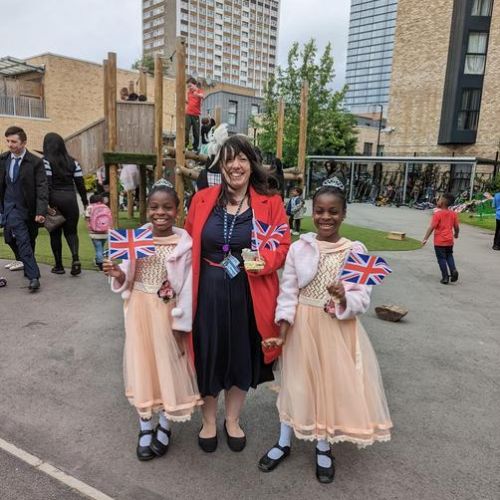
b50f9af9-c3d2-4c1a-82f2-8050da17e4411x1
-
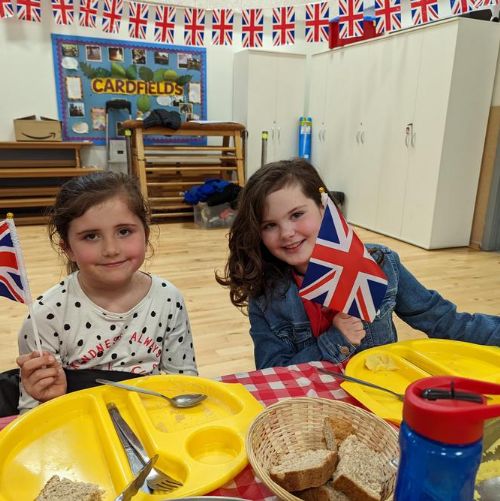
961dc7b5-dea5-4838-8bf6-308c00fb93201x1
-
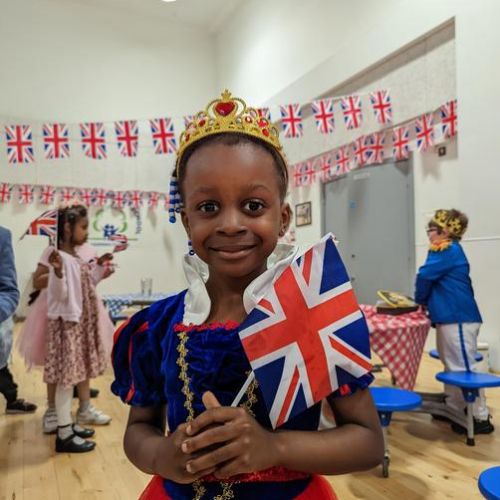
202cd7ed-83df-4078-b7f5-dee2281340501x1
-
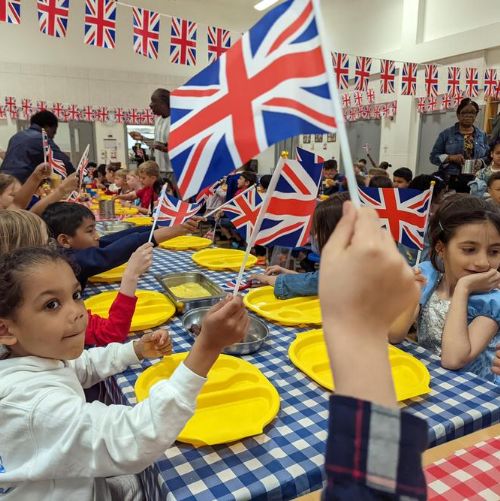
8e46dc73-4d24-4afc-96c9-a291dc9d63441x1
-
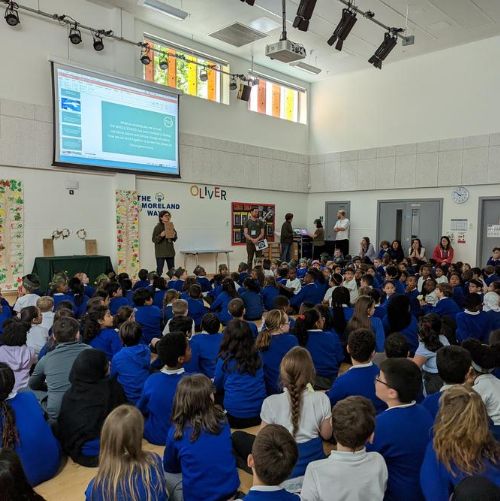
33052ab2-b27f-4f7e-9c6b-c8706f2ab46b1x1
-
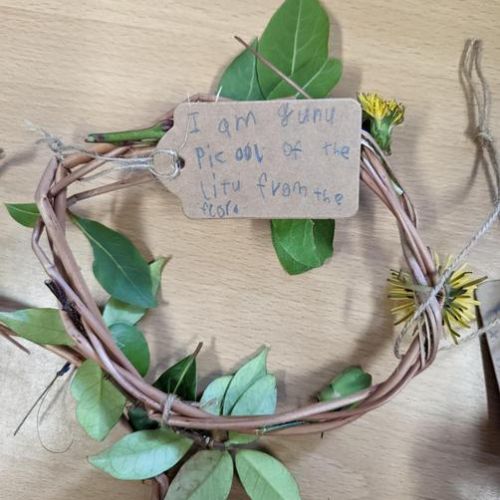
f3ed7dfa-240c-40c5-a379-8be3c363f9581x1
-
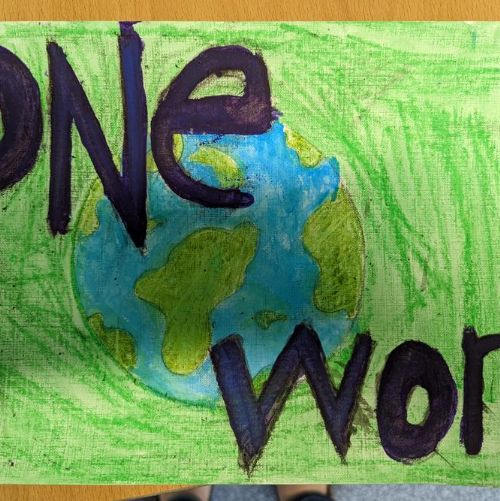
48b7e561-388d-4661-810b-afdcace769031x1
-
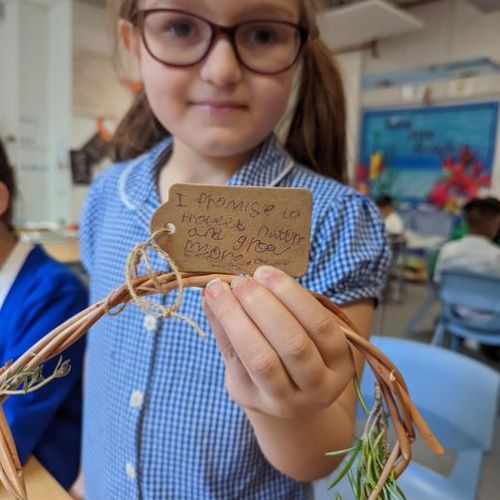
217d4606-66ff-4de4-ab73-698a124a9b111x1
-
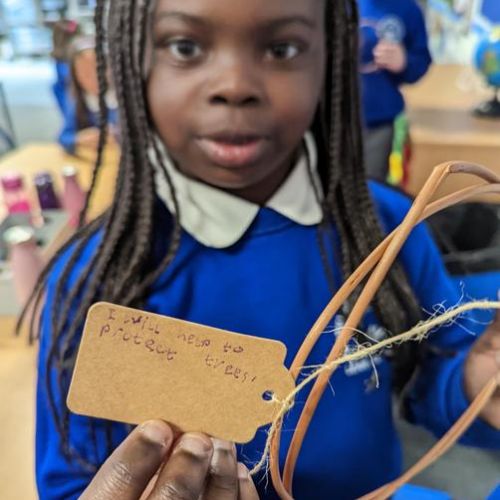
d9be8cd2-0b01-4f8e-94bc-527a8cd361ac1x1
-
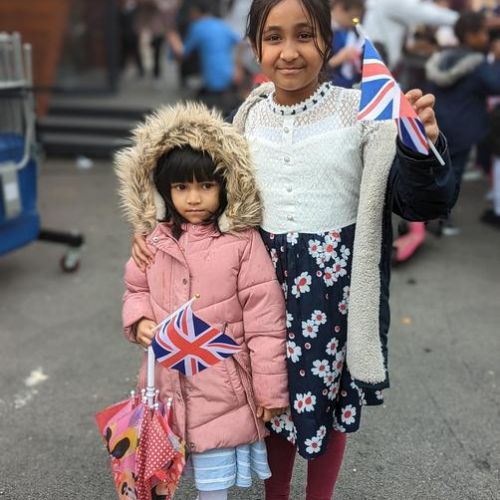
e68edaae-4081-4715-aae0-da56a7e262e11x1
-
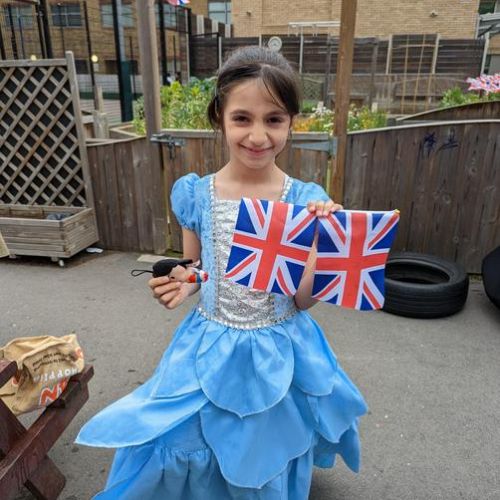
21629bd7-4f7a-46c2-9484-cec0779339ed1x1
-
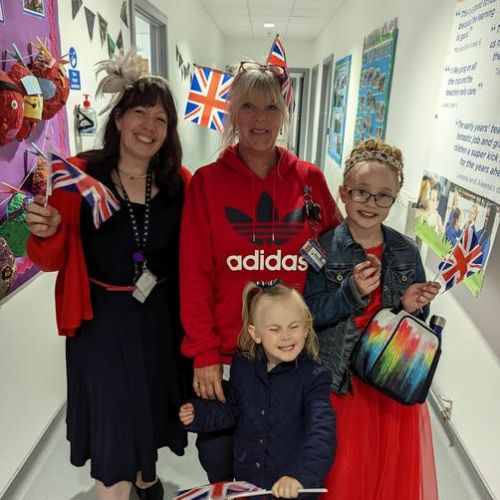
e643ed6b-043a-4bbe-bcaf-298f93443ebf1x1
-
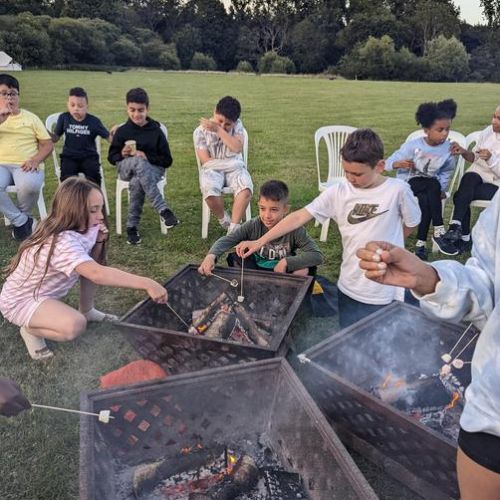
cac1ed3d-4d70-405d-bfdc-2ae05d439a191x1
-
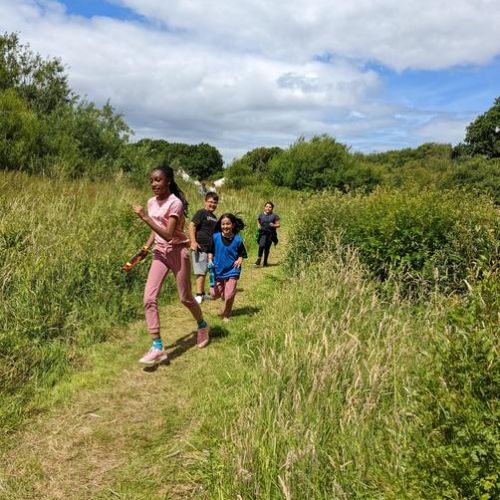
d0222a50-8b51-4947-a0c1-723e4ede8a5c1x1
-
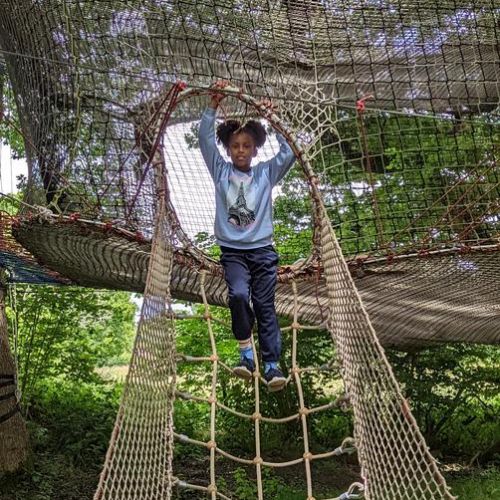
28ecf604-c055-40fb-bf20-4489aee1549a1x1
-
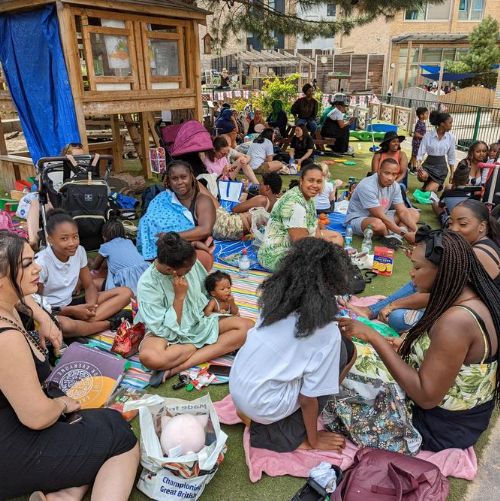
2a7f0cda-f4af-43e8-8e2b-e38b25b927641x1
-
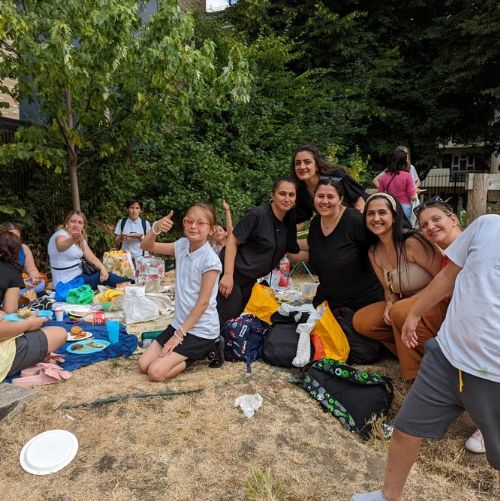
6b627d77-014c-4461-9d4c-4adf15c0f3101x1
-
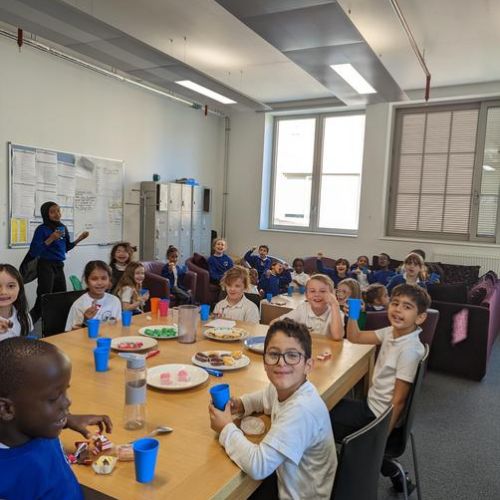
be5f1e8f-2d47-4def-b5b8-06d338ce65e41x1
-
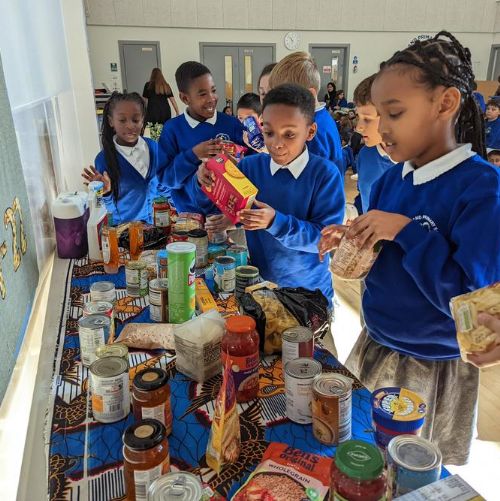
8c5d725c-af16-4d96-a2ad-8019c7798e201x1
-
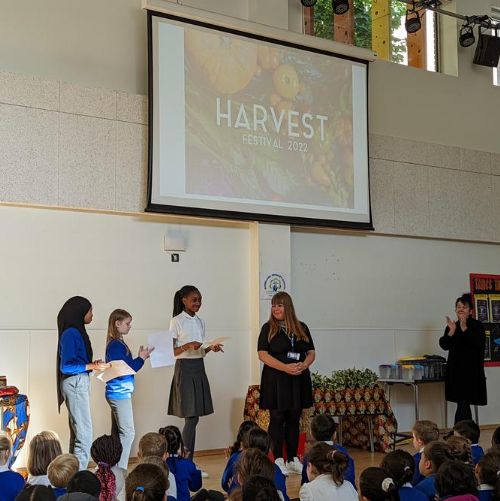
8d78564a-98fa-425f-a43a-27a4e63310161x1
-
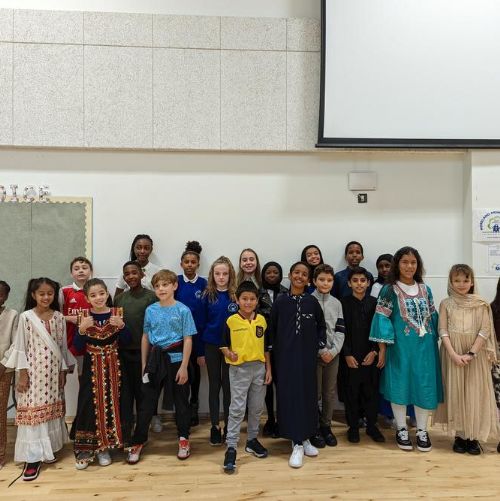
a109b793-0eb7-4609-8f6d-471569337d661x1
-
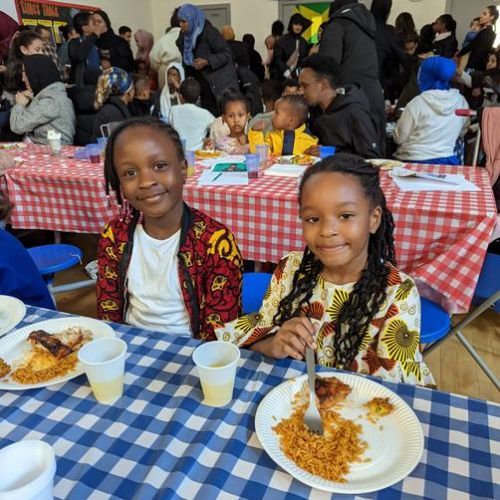
1efe1e57-ecd3-49ad-a581-871c097432e71x1
-
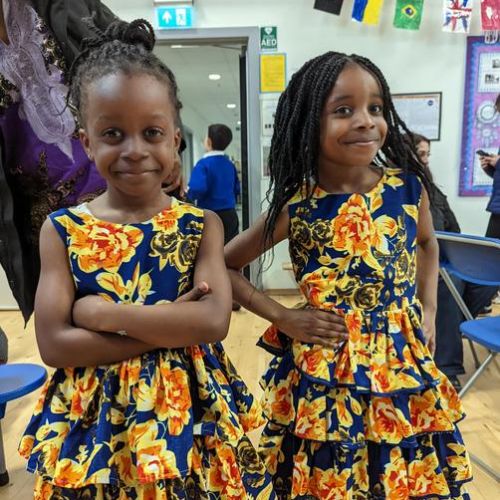
af889dbb-1fba-49c3-9b39-87507663ab861x1
-
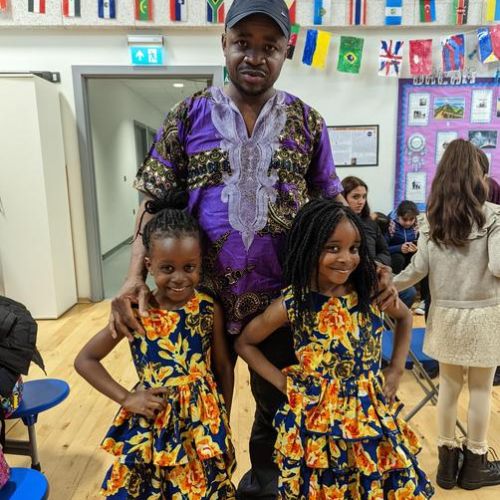
4c02a6c7-8d10-4401-a372-33c3c2f866121x1
-
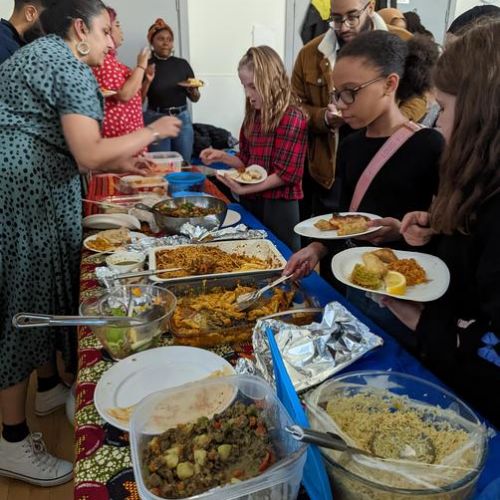
975d4580-488e-45e9-bb61-0494d7b3ba8b1x1
-
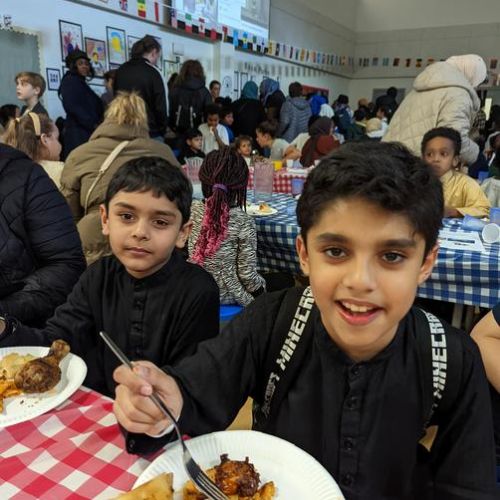
c6f61c13-0903-4f8d-9b3d-6483e493664c1x1
-
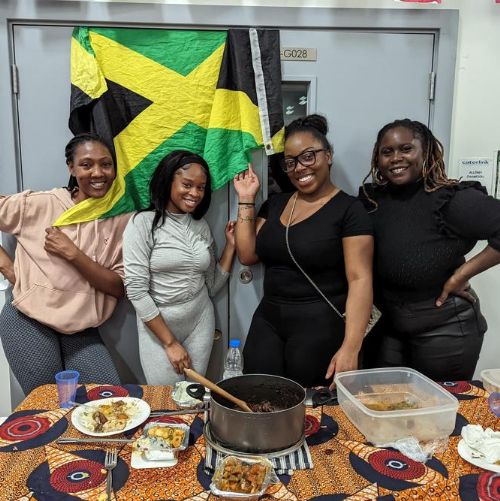
dcad832d-f30a-480d-adfd-d88433f854101x1
-
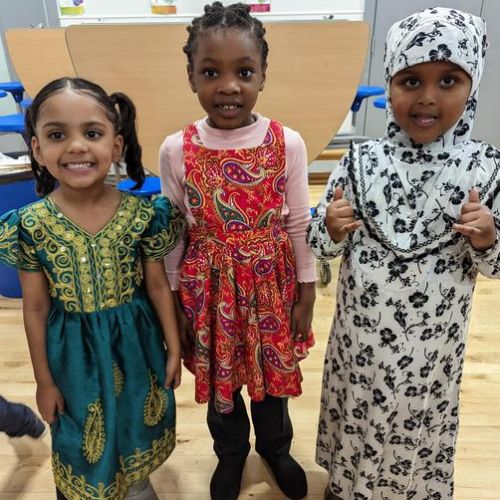
bc25d3f7-b6b7-4e00-902a-27bcae9a507c1x1
-
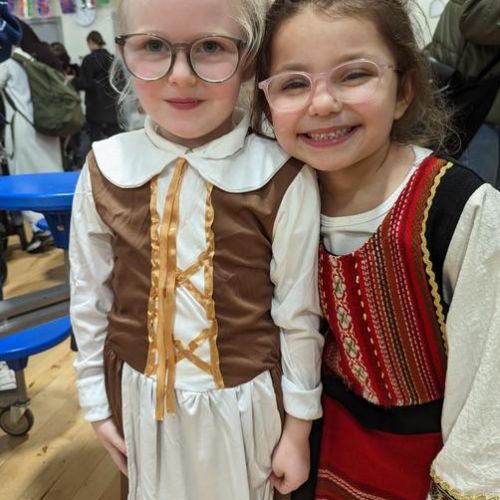
6f97c611-51a6-4328-ba1f-f98dd415fc611x1
-
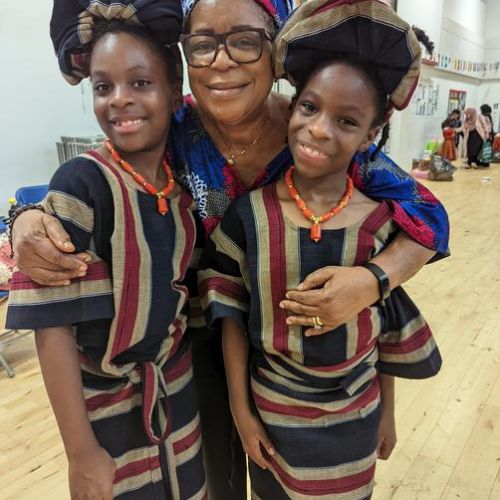
e7f0706d-3f8f-44a3-9030-e9874e51c58d1x1
-
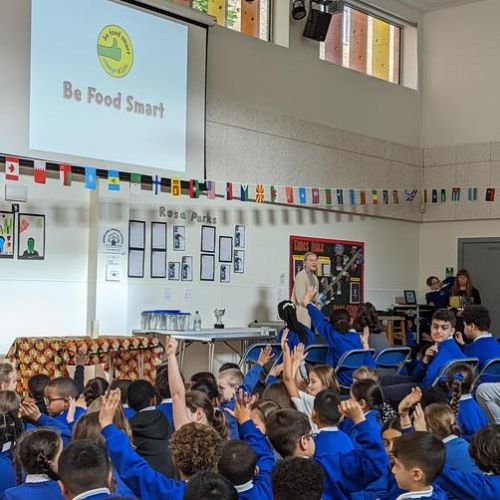
25a016ca-f2b1-45c7-b261-e3672933c1c61x1
-

6ccec304-139f-4a02-a54b-d61b87a80f261x1
-
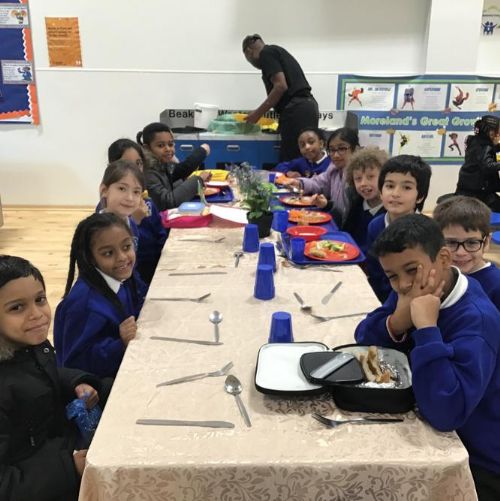
3c50c8b47f3241cebebcad156c5632c71x1
-
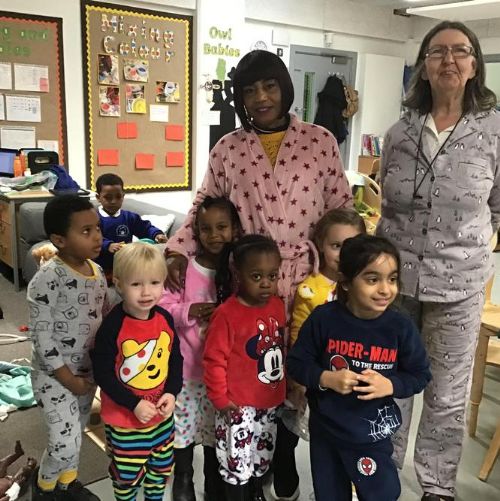
3f21263e99544a9eae8935cceaed36061x1
-
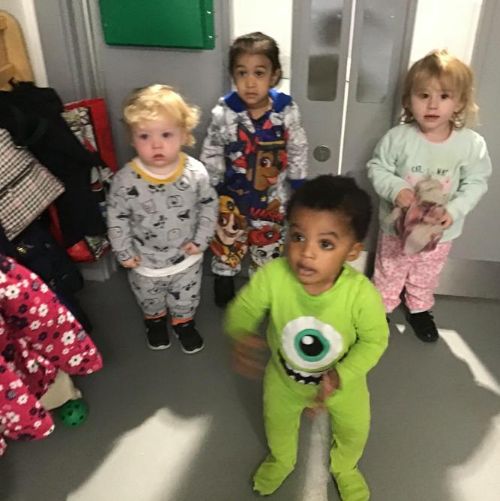
88bde015ed424d4b8394d5797c3523671x1
-
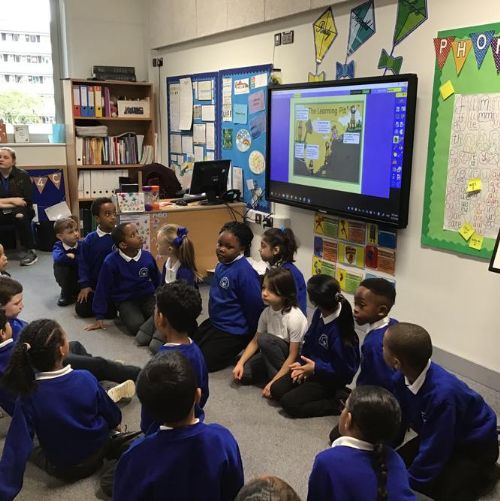
f74eb4e466294a2a8c7b520f4944a4681x1
-
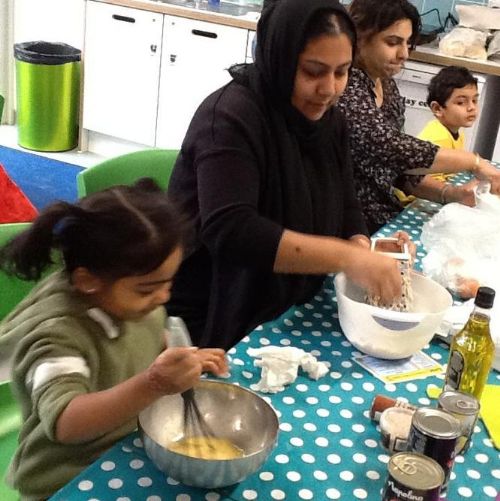
c4b25a50030f4764bdb0afe2207f91951x1
-
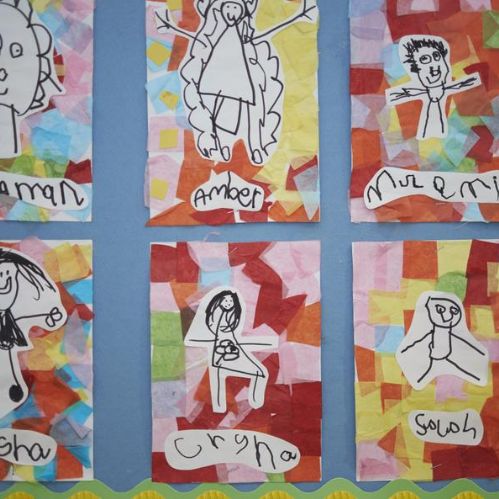
d72fe37eb035492d9dc3b0271b5195b61x1
-
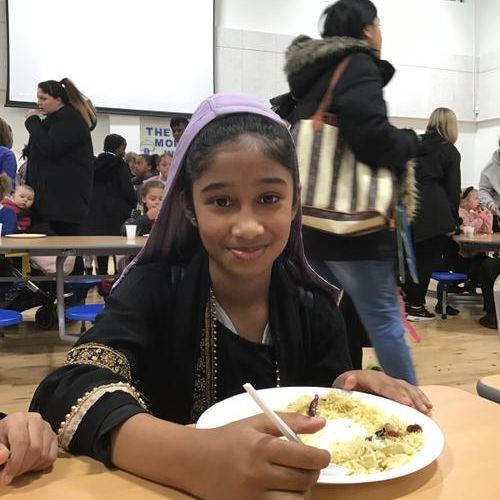
4923ca6740774ddd9abddac6d1079ece1x1
-
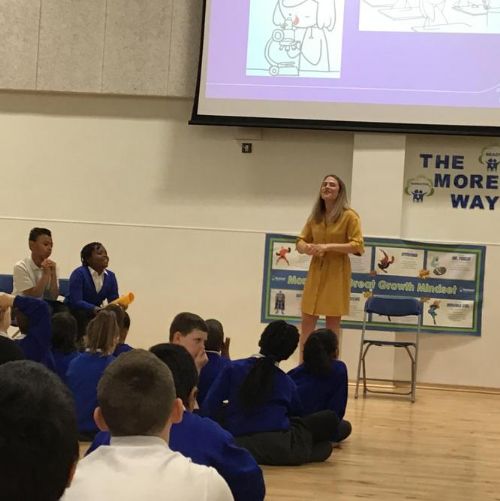
3169b254167e4eed8635af4caa1876ef1x1
-
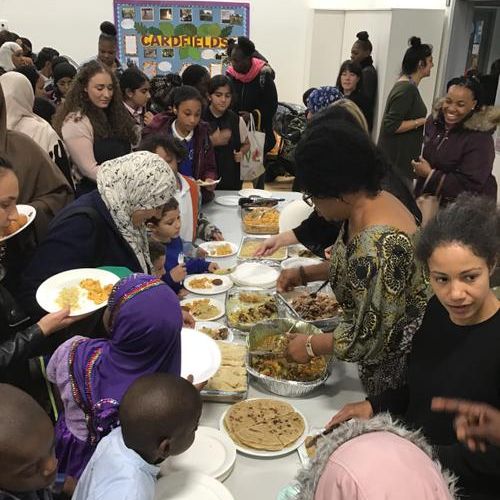
f9ddff236ec347da97ae5f7f1dfed7ee1x1
-
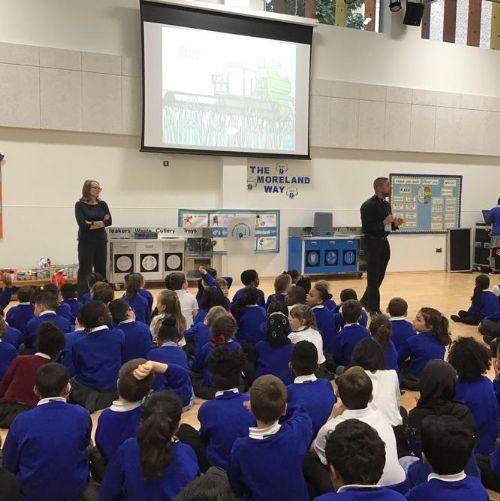
2d8702a6d9014b19abb0d3918a2693b41x1
-
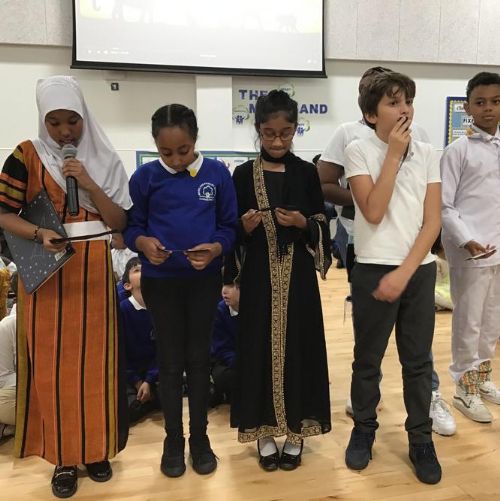
fcb3500337a74dbc9fd76f59dfe884f91x1
-
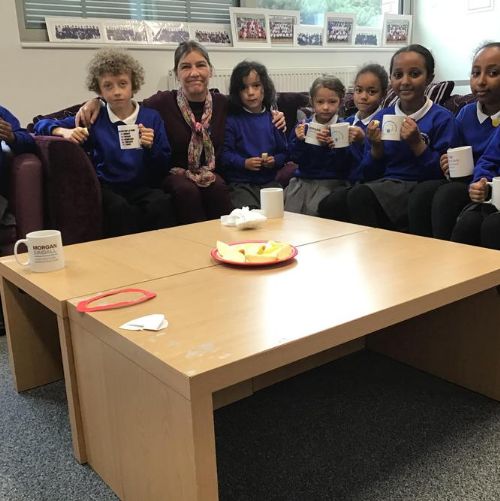
25e6078d2b1248dc9df548f2a3e5212f1x1
